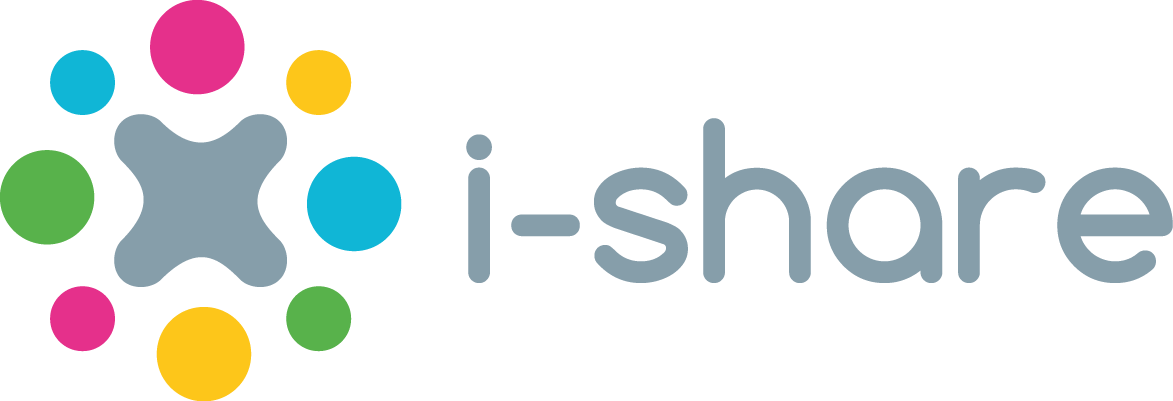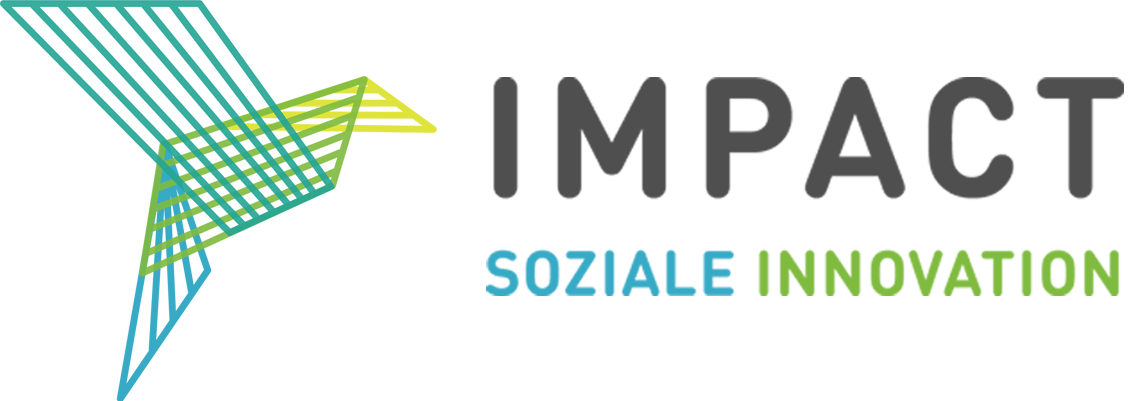In his welcoming speech, Prof. Dr. von Thadden, the rector of the University of Mannheim, pointed to the multiplicity of disciplines present at the IWSE. He highlighted that such an interdisciplinary view is necessary to study such complex societal phenomena such as the Sharing Economy. He added that such an approach fits well with to the University of Mannheim.
In the first plenary talk, Dr. Stephan Leixnering from the Vienna University of Economics and Business presented a rather unusual example of the sharing economy. He introduced the organization „Train of Hope“, which was founded during the refugee crisis in 2015 in Vienna and significantly contributed to mastering the crisis. He highlighted how concepts of “sharing a concern” and of “sharing hope” add a moral dimension to the sharing economy. As such, sharing economy organizations combine elements of digital platforms and of social movements.
On both days, after the plenary talk in the morning, the participants split among up to five parallel sessions with different disciplinary focuses. Organizational researcher presented papers on different business models and organizational forms in the sharing economy. Among others, research on characteristics and potentials of cooperative models were presented. Social psychologists talked about their projects on motives and the behavior of uses of sharing models. Researches with a background in (business) informatics reported on their research on how trust and reputation evolve on sharing platforms and on the diffusion and impact potential of new technologies such as the Blockchain technology. In their models, economists showed the effect that sharing models might have on established market actors and on prices. The disciplinary sessions allowed for thorough, in-depth discussions of the papers. Throughout the day, however, participants had the chance to listen to presentations from other disciplines and fields of research, facilitating the interdisciplinary exchange.
In the plenary session at the end oft he first day of the workshop, Dr. Achim Oberg, Dr. Dominika Wruk (both University of Mannheim) and Prof. Dr. Indre Maurer (University of Göttingen) presented results from the i-share project. They showed how sharing organizations manage to develop and coordinate a community of users, employees, and oftentimes volunteers. They further showed that the 20 sharing models hat were studies – for instance, carsharing, community gardening, coworking – gained in number and prominence in Germany especially since the financial and economic crisis in 2008. Different patterns of regional diffusion can thereby be observed: While, for instance, coworking spaces can most often be observed in larger cities with high percentages of self-employed people and people working in high-quality services, community gardens are also to be found in an around smaller cities and in rural areas. The impact oft he sharing eocnomy is currently analyzed using the i-share impact model and data from the quantitative survey of sharing organizations conducted earlier this year. Using information provided by the more than 500 participants in the survey, the economic, ecological and social impact are currently determined.
Dr. Yair Friedman (Tel Aviv University and WEconomize) and Dr. Zafrir Bloch (The Tel Aviv - Jaffa Academic College and WEconomize) presented on the second morning results from two research projects. In their research in Airbnb in Israel, they showed under which circumstances the company can have positive impacts on the tourism industry. Because there are few low and medium price hotels, Airbnb provides offerings that are rather complementary to existing offerings and thus strengthen the local tourism industry. In the second project, Yair and Zafrir have studied sociocultural characteristics of users of sharing models and the geographical spread of offerings in Israel. They observe that Sharing Models are rarely used by, for instance, citizens without higher education and that there are few offerings in rural areas. Sagie Schein then showed how these resurch results are currently used by JDC Israel to develop and offer programs (e.g. trainings and workshops) to change this situation.
The workshop ended with a plenary discussion on the current state of research on the sharing economy. Prof. Dr. Koen Frenken (Utrecht University), Prof. Dr. Michael Woywode (University of Mannheim) and Dr. Yair Friedman discussed three questions: On which questions and issues do we have assured knowledge? In which areas do we need refinements of tools, concepts, approaches or insights in order to enhance the existing preliminary knowledge? Where are we completely „blank“/ What are blind sports in research that we need to explore? One result of the discussion was that refined theoretical models and more quantitative approaches are needed to make progress in research on the sharing economy.
You find more information on the IWSE and the entire program here:
https://www.i-share-economy.org/5th-iwse
Thank you to all the participants!
We are very happy about the active participation in the workshop! We very much enjoyed the talks and discussions – during the sessions but also in the coffee breaks and evening events. We want to thank all participants for their contributions. We would also like to thank you for the great feedback that we received from many of you. We are glad that you enjoyed the workshop and that you could take away new insights, impressions and contacts. We are looking forward to meeting you all in Utrecht next year for the 6th IWSE!


